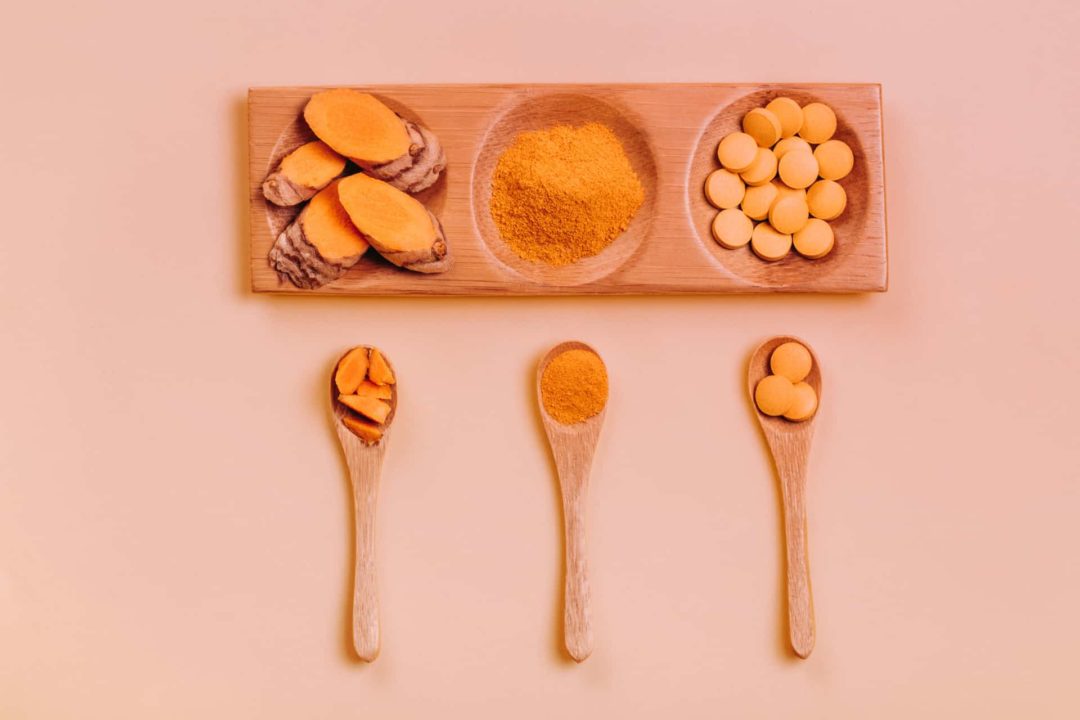The study, published inBiomed Central BMC, included 193 patients who were diagnosed with osteoarthritis. The participants were randomized to receive either 500mg BCM-95 twice daily or a 650mg tablet of acetaminophen (paracetamol, or Tylenol) three times daily for six weeks.
Researchers evaluated pain, joint stiffness, and physical function. After six weeks of treatment, 18% of the BCM-95 group reported 50% improvement, and 3% noting 70% improvement, comparable to the acetaminophen group. Moreover, markers of inflammation were drastically reduced in the BCM-95 group: CRP levels were reduced by 37.21%, and TNF-a levels were cut by 74.81%, results not seen in the acetaminophen group.
Related: Studies Examine Effects of Curcumin on OA, Oral Mucositis Healthy Aging Study Confirms Efficacy of Stratum’s NEM for Joint Health
“The goal of the current study was to build on the earlier studies to give a better clarity and specificity by including more markers and a better scoring methodology,” explained Benny Antony Ph.D., Joint Managing Director for Arjuna, in the press release. “The anti-arthritic effect of BCM-95 in osteoarthritis is attributed to its capability to modulate anti-inflammatory markers TNF and CRP. We are learning more about the mechanisms behind curcumin’s anti-inflammatory effect which we believe is a result of its ability to inhibit pro-inflammatory signals, such as prostaglandins, leukotrienes, and cyclooxygenase-2. In addition, curcumin has been demonstrated to suppress several pro-inflammatory cytokines and mediators of their release, such as tumor necrosis factor-α (TNF-α), IL-1, IL-8, and nitric oxide synthase.”“This Study re-affirms the anti-arthritic effect of BCM-95 and provides renewed hope for millions to improve their quality of life,” added Nipen Lavingia, Brand Innovation Advisor for Arjuna Natural.










